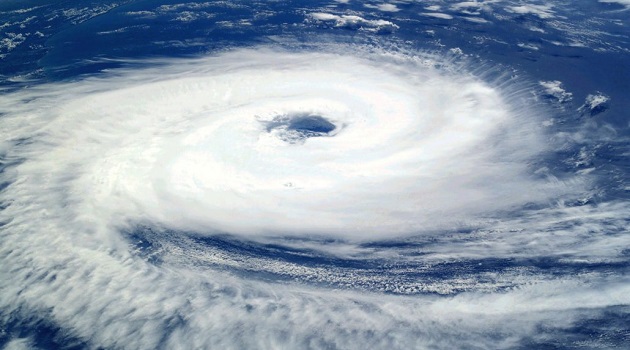Tom Poland
A Southern Writer
Growing up in landlocked Lincoln County, Georgia, I never worried about hurricanes. I left that to folks on the coast. Hurricanes were not to be feared. If anything, downpours from a hurricane’s rain bands brought welcome relief to a long, hot summer. Well I sure got that wrong, didn’t I.
My first memory of a hurricane is Hazel. I don’t recall that it affected us in Lincoln County, but my parents talked about it with fear in their voice. That’s what I most remember. Fear. Then in 1969 my father considered heading to Mississippi to help folks clear away the trees and damage Hurricane Camille levied on Louisiana and Mississippi. I felt fear again, fear for his safety. Dad, however, stayed put.
In 1979, a photographer and I drove to Edisto Island to record Hurricane David’s landfall for the SC Department of Natural Resources. It was September 4, my sister Brenda’s and my oldest daughter, Beth’s, birthday. A stream of evacuees met us. Static-filled updates over two-way radio speculated as to where landfall might be. We traveled in a Crown Victoria carrying law enforcement insignia and a big whip antenna. Close to the island, the hurricane flung hard, horizontal rain at us. Like rocks hitting the windshield.
The closer we got to the island, the more violently live oaks and palmettos shook. We drove onto the beach’s hard-packed sand and stepped out into a river of wind. Sand pelted me, and it was hard to see. All I could hear was a high-pitched howl and pounding surf. The power lines along the street whipped in mighty arcs as if giants were jumping rope.
I shot some footage through a rain-splattered lens. The wind kept picking up. I leaned into the wind so steeply I could not fall, that river of wind held me up. We stood there watching the advance edge of a hurricane come ashore. A 55-gallon drum came skipping toward us, driven by the wind, hop scotching along on its rim. As it veered by, a nearby power line snapped spewing fire and hissing like a snake. Time to go.
A radio report said Hurricane David would now come ashore in Charleston. Off to Charleston we drove, heading up Highway 17 in spits and fits of driving rain. Waves crashed into the seawall, exploding skyward where wind whipped them high over East Battery forming a tunnel of sea foam. I rolled my window down to pan the camera across the seawall and a massive wave gushed into the window soaking me, the camera, and leaving water pooled in the floorboard. So ended our hurricane hunt. As it turned out, David ended up coming ashore near Savannah.
1989, my daughter, Becky’s, birthday ushered in Hugo on September 21. Hugo roared ashore near McClellanville, South Carolina. After clobbering this quaint fishing village and snapping off the crowns of pines in the Francis Marion National Forest, it headed to Columbia. Around 2 am I looked straight up to see orange swirling clouds, an atmospheric maelstrom that looked like a monstrous slab of cinnamon swirl bread. The winds howled punctuated by the thud of flying tree branches. Of course, the power went out.
The next morning, daylight broke on strewn limbs, and the air smelled as if someone had cleansed the city with Pine-Sol. The sky was a crisp blue and the land shone as if a giant scrub brush had scoured everything to a fine sheen.
Ever since Hurricane David fooled me I’ve had this longing to see a major hurricane make landfall. Helene changed my mind as I lay on my sofa all night hearing incoming missiles slam into my home’s sides and roof. Looking back it seems hurricanes with “H” name are especially bad news—Hazel, Hugo, and now Helene. As we learn with each passing day Helene was a hell of a storm that packed a punch far, far inland. Back home in Georgia all that was familiar to me is gone now. Just gone. I suspect some of you will be okay with me if I just shorten Helene to Hell.


